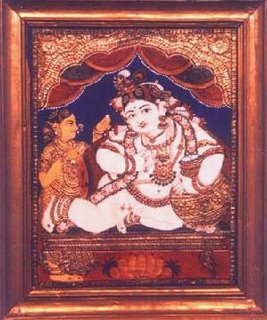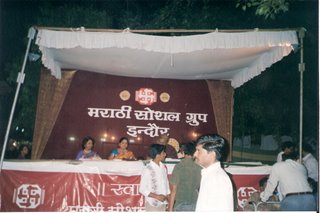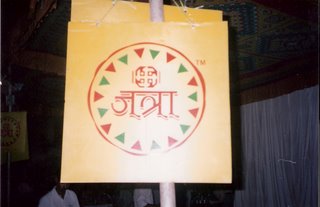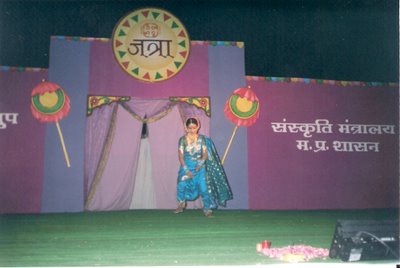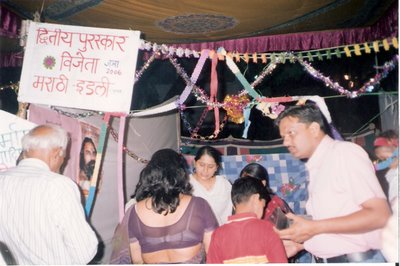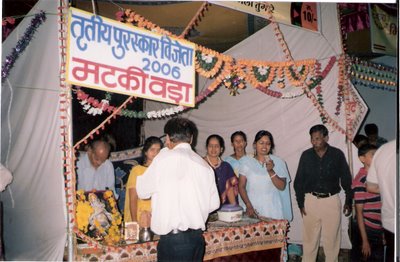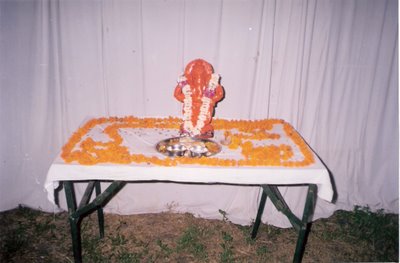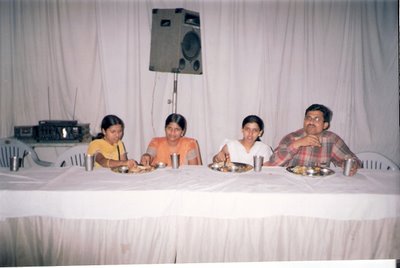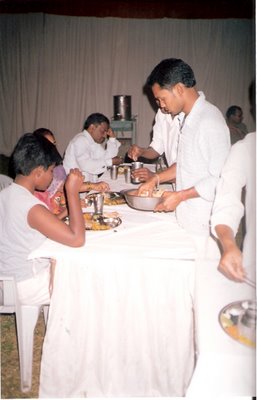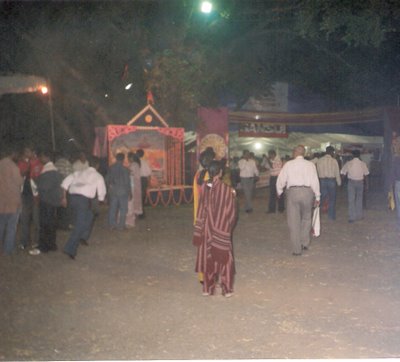Remember Gandhi’s last words - “Hey Ram!”? There is something disconcerting about this utterance of his. That the unassailable and unprecedented sacrifice of the god from an epic and Gandhi’s own experiments with truth had an instantaneous alienation effect on me. How unrealistic and deservedly dismissed were his ideology and its practicable relevance to a country which was fast tracked to democracy where traditions and modernity clashed perpetually? How much was Gandhi on show as an unattainable model for the rag tag pretenders who used him as a ruse for their criminal ineptitude in governance and lack of vision? Wasn’t his sainthood a malignant condemnation too?
Gandhi had captured the imagination of many generations and touched the pacifist nerves of many. However I wonder how much this man was never given his due with any decent measure of analytical studies on his contributions and relevance to such basic areas such as the real body politic of India, perceptions of Indian politics from the west and India's relationship with its neighbors and former Colonial boss. I think we kind of lost the supposedly smart pragmatic Gandhi between the heaps of malicious sleights and adulations for his gullibility/charlatan effect and sainthood respectively. Instead his last days were seen wallowing among rabid communal mobs.
George Orwell's take on Gandhi gives a bit of perception on the Gandhi-an effect. It was interesting to find his observation on Gandhi's non-violent strategies holding water against totalitarian regimes. He was wondering how a Stalin or a Hitler would have dealt with Gandhi and how long? Did Gandhi have much of a clue on the complex scenario where cultures collide and geopolitical conflicts can take massive marauding of civilizations in its stride, let alone elicit genuine appreciation of freedom aspirations of a colony? In Orwell's words - Gandhi's assumption that all human beings are more or less approachable and will respond to a generous gesture needs to be seriously questioned. Did he think that there are no lunatics in this world? That pacifism in defiant courage can have the last laugh? And, so far as one can gauge the sensibility of whole nation, is there any apparent connection between a generous deed and a friendly response? Is gratitude a factor in international politics?
How much is he relevant in today's world where innocent lives are claimed by religious terrorists and states just because of their "geopolitical" identity or happenstance? I also share Orwell's "aesthetic distaste" for his ascetic ways. Could there be a middle path between the gullibility of sainthood and the anti-human disposition of a reactionary or at worst an appeaser? Apart from deducting moral fables for the corrupt and sometime anti-national politicians, what is/are Gandhi's legacy?
* * *
If you withdraw yourself from the treachery of real politic and juxtapose Gandhi against each of these dark thoughts, you might just see that the foremost factor that endeared Gandhi to the mass was his accessibility. He spoke to the common man and presented an opportunity of alternate programs for sustenance which was essentially an antidote to the modern malady of greed and vanity.
Would he have become an anti-industrialist? Would he have become an environmentalist? Would he have become a peacenik? Nobody could have predicted and he didn’t live long enough in independent India. Fact is India never had anyone good enough to leave right templates for good governance and political edifices.
My imagination tells me that had he lived a bit longer, he would have started building the nation from bottom up. His faith in the moral and ethical conflicts in the minds of oppressors and exploiters at the farms and cottage industries could have had the most spectacular and benign effect to lead the nation to the best cost-effective model of economy and just distribution of resources and wealth.
But I can only imagine. The farmers suicides, genetically mutated human forms around chemical factories, putrid waters in the rivers, India’s ascent to the throne of corruption and state violence – could Gandhi have swayed the will of Indian politics and people to a just and benevolent future? I can only imagine.
I think that is Gandhi’s legacy. For all his frailties, he left a dream behind that after all we can still remain human and be kind to each other despite being ourselves.
Gandhi and Poetry (a poem by K. Satchidandan)
One day a lean poem
reached Gandhi’s ashram
to have a glimpse of the man.
Gandhi spinning away
his thread towards Ram
took no notice of the poem
waiting at his door,ashamed at not being a bhajan.
The poem now cleared his throat
And Gandhi glanced at him sideways
through those glasses that had seen hell.
“Have you ever spun thread?” he asked,
“Ever pulled a scavenger’s cart?
Ever stood in the smoke of
An early morning kitchen?
Have you ever starved?”
The poem said: “I was born in the woods,
in a hunter’s mouth.
A fisherman brought me up
in a cottage.
Yet I knew no work, I only sing.
First I sang in the courts:
then I was plump and handsome
but am on the streets now,half-starved.”
“That’s better,” Gandhi said
with a sly smile. “But you must give up this habit
of speaking in Sanskrit at times.
Go to the fields. Listen toThe peasants’ speech.”
The poem turned into a grain
and lay waiting in the fields
for the tiller to comeand upturn the virgin soil
moist with new rain.
